Common Challenges Students Have in Algebra
“Algebra is the intellectual instrument which has been created for rendering clear the quantitative aspects of the world.” -Alfred North Whitehead
Mathematics can be an intimidating subject for students, but with the right teaching strategies, educators can engage students in the subject matter and assist them in better understanding complicated concepts.
Algebra has been often quoted as one of the most important pillars in the domain of mathematics. It is widely accepted that to ensure a solid grounding in algebra and higher mathematics, students in lower classes should get some exposure to concepts and principles that prepares them for a more formal study of algebraic concepts in later classes. Algebra is much more than just solving for x and y, it’s a way of thinking and approaching conceptual problems with variable entities and logically reasoning them out successfully.
Some common difficulties faced by new students in this domain are as follows:
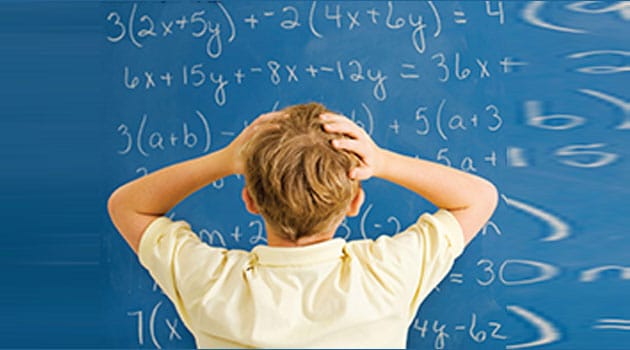
1- Poor Mathematical Foundations:
To be able to solve various types of algebraic expressions, one needs to first work on strengthening his/her fundamentals concepts in basic mathematics like arithmetic and number theory. You need to have a clear understanding of how basic math’s works in order to solve problems needing the use of more complex mathematical concepts. Lack of primary knowledge leads to committing various silly errors in the course of arriving at the conclusion.
2- Lack of Clarity While Solving Basic Equations
Solving equations comes at the center of algebra studies. Students start by learning to solve simple linear equations with just one variable and build on that to more complex and difficult problems. If students have not had a solid foundation in understanding the steps necessary in how to solve equations, it might be a bit challenging for them.
A simple way to make a child understand how to solve equations is thinking of the problem as a balance, where each side has to remain balanced and the equals sign acts as a pivot.
Three steps to solving problems efficiently:
Sometimes you will see a problem and there will instantly be a roadmap to the solution running through your mind. At other times, you’ll be so confused that you might get the feeling, “Have I ever even studied algebra?”. These are few steps to keep in mind while attempting the problem that may make it a lot easier to get to the solution:
1- Clear your perception about the problem
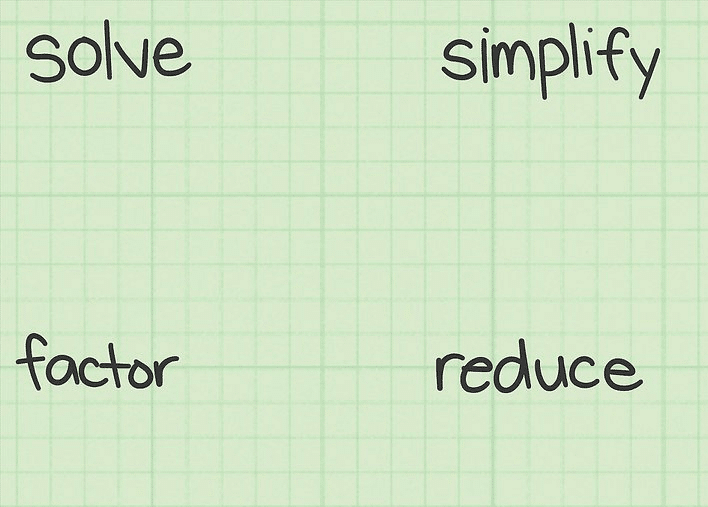
- Try figuring out where you stand with regards to the problem.
- Be precise while reading the question.
- Identify the known and the unknown quantities.
- Start thinking about the techniques that could be useful, and the kinds of answers you may expect to find.
2- Break up the problem into a set of smaller sub problems
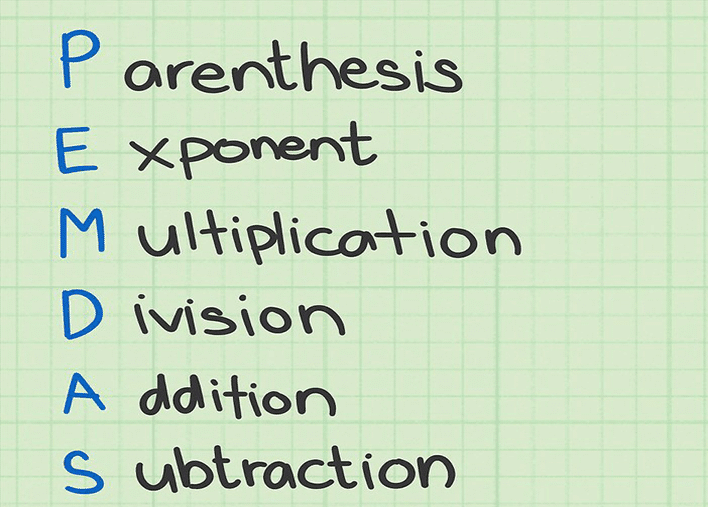
A perplexing problem is often just several simple questions stuck together. Maybe you do not know how to find all the variables all at once, but you might be able to figure them out one at a time.
3- Don’t abandon the problem

As you keep examining your problem from different angles, you’ll find the answer eventually. Take a second to step back from time to time and look it over in a different way. Try going back over your notes. Sooner or later, you’ll find the right solutions.
Developing new study styles
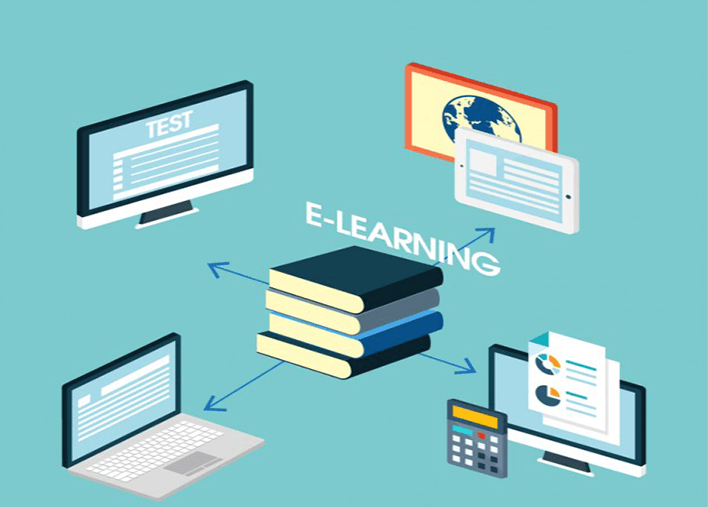
As the module materials are all online, one should learn to make the most of the tools available on the computer and develop new study habits incorporating them, such as:
- Reading the module materials on the computer or mobile device, rather than printing them out.
- Making notes on the computer using online or offline annotation software.
- Being aware of when one needs to be online and able to download material and work offline.
You may be used to annotating your study books with a pen or highlighter, and you can do this electronically in PDF documents and web pages. And also one can bookmark various websites for future reference.
Digital learning

In today’s digital world, the use of technology can be a critically important tool in helping students develop all kinds of skills. Technology has become an essential tool for teaching and
math in particular is benefited as it can be used to show students a variety of ways to approach mathematical ideas and processes, allowing teachers to deviate from traditional models of instruction that students may find less engaging.
If teachers are able to use technology to engage students in mathematics and encourage them to cultivate math skills and understand the conceptual parts in depth, it will go a long way towards preparing students to succeed in the careers of the future.


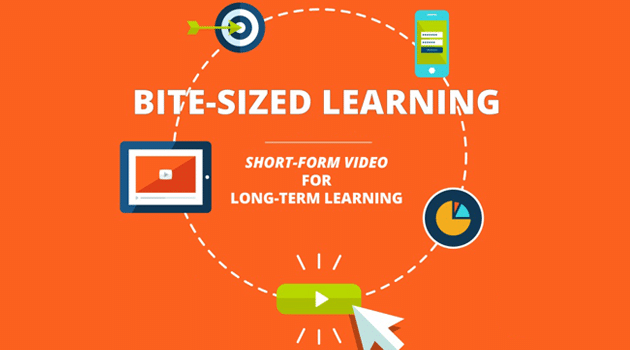
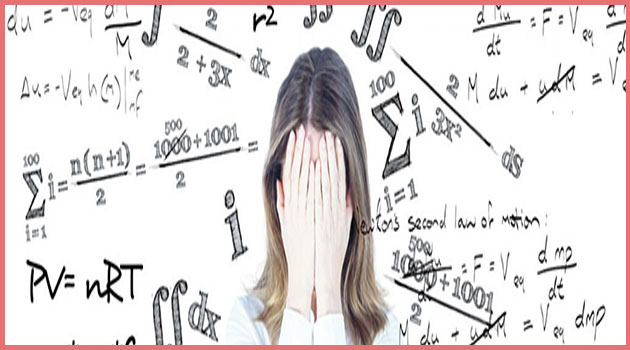
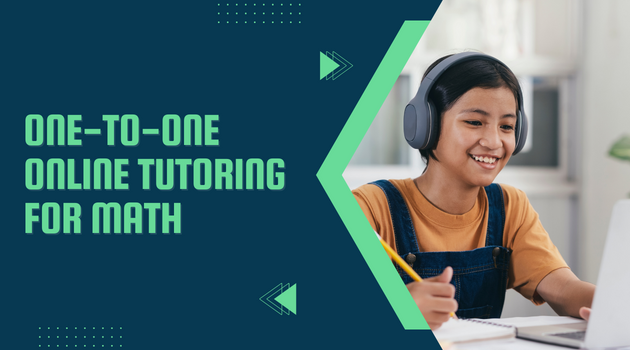
nice blog
Pingback: What after 10? – Champstreet's Blog
Pingback: Alternate Career Options – Champstreet's Blog
It takes self interest of student to learn and for that the basics should clear to solve.
And it is a very informative way to tell students how to solve problem.
Pingback: What after 10? - Champstreet's Blog